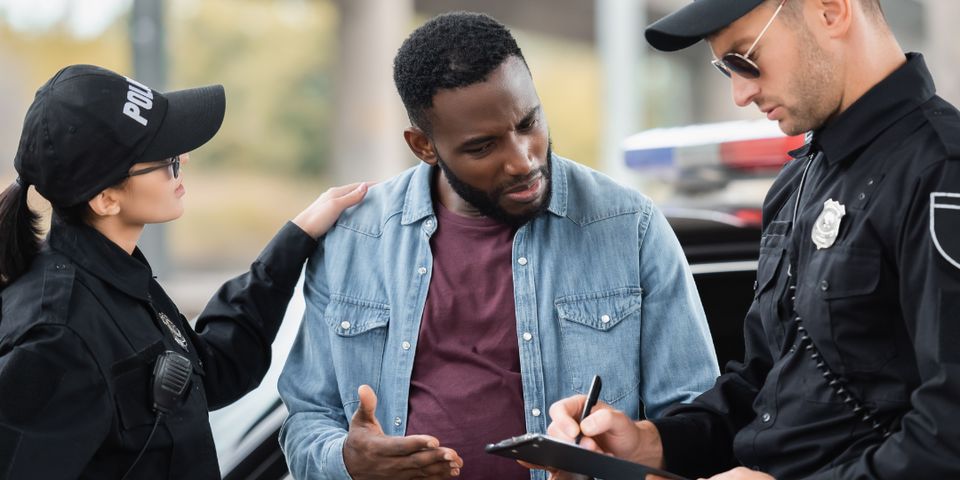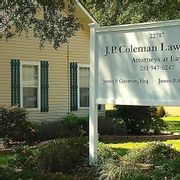4 Questions to Ask During Interactions With Police

If you're stopped by a police officer, it's important to be mindful of what you say. Law enforcement personnel often listen for anything incriminating to establish the proper grounds to arrest you. To protect your rights and the integrity of any criminal defense you might eventually need, here are four questions to ask to better understand and navigate encounters with police.
What to Ask When Stopped by Law Enforcement
Do you have a search warrant?
The Fourth Amendment of the Constitution protects the citizenry from unwarranted search and seizure. That means police need a court-issued warrant signed by a judge to search your vehicle or home. Always ask if they have a warrant if they request to search the property. If they don't, you do not have to consent to the search.
Do you have an arrest warrant?
If the police state that they've come to arrest you, they must also have an arrest warrant to do this. The only exception is the presence of probable cause; if they have reason to suspect you were involved in a crime, they can make an arrest. If they don't have either of these and still proceed with an arrest, contact a criminal defense attorney as soon as possible.
Am I being detained or arrested?

Detainment and arrest are connected concepts, but they mean two different things. A detainment is a temporary measure that occurs when police hold you in custody because they suspect you have been involved in a crime; actual criminal charges and a full arrest may or may not result.
With an arrest, however, criminal charges are almost certain, and you are held in custody for a longer period. If stopped by an officer, ask them if you are being detained or arrested. If not, ask them if you are free to go.
Can I speak to an attorney?
If the officer says you are not free to go, ask to speak to a criminal defense attorney right away. Politely refuse to discuss anything further with an officer until meeting with a lawyer.
You may need to ask the officer to stop the questioning until the attorney is present. This is your right, and it is in no way an admission of guilt.
Let an experienced criminal defense attorney protect your rights during interactions with law enforcement. J.P. Coleman Law, LLC, Attorneys at Law, has been serving the Baldwin County, AL, area since 2012. They offer representation in criminal and family law cases, estate planning, civil litigation, and other legal issues. Call (251) 947-6247 to schedule a consultation or visit the firm online to explore their practice areas.
About the Business
Have a question? Ask the experts!
Send your question

